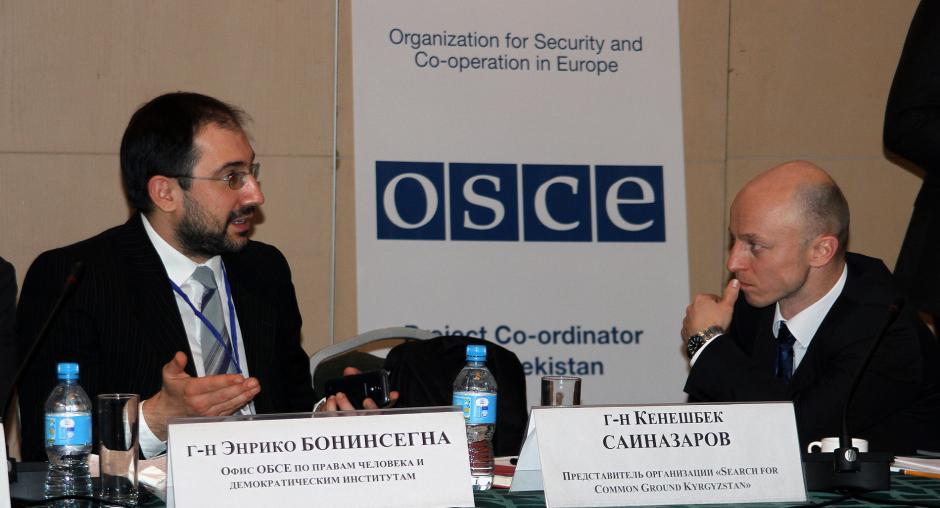OSCE promotes community-policing approach in countering violent extremism in Uzbekistan

TASHKENT, 29 November 2016 – A two-day national seminar on community-policing approach to counter violent extremism and radicalization that lead to terrorism (VERLT), organized by the OSCE, began today in Tashkent.
The seminar brings together more than 50 participants, including experts from Belgium, Canada, Georgia, Kyrgyzstan, Netherlands, Pakistan, Spain, the United Kingdom, the United States, the Anti-Terrorism Centre of the Commonwealth of Independent States, OSCE Office for Democratic Institutions and Human Rights, and the Action against Terrorism Unit of the OSCE Secretariat’s Transnational Threat Department, as well as representatives of state agencies and civil society of Uzbekistan.
The objective of the seminar is to stress the importance of engaging the community by establishing police-public partnerships among the police, public authorities and citizens with the aim of developing proactive problem-solving practices to prevent and counter terrorist radicalization.
“Partnership between the security sector, civil society, local government and communities, and the private sector is of vital importance to effectively counter violent extremism,” said Ambassador MacGregor, OSCE Project Co-ordinator in Uzbekistan. “Response measures require a comprehensive approach, in which families, community police officers, societies and religious leaders have a key role.”
The panel discussions provide an opportunity to share national and international perspectives on community-policing approach to counter VERLT and discuss the necessity to extend prevention and response measures beyond intelligence and criminal justice by involving stakeholders both within and outside the government.
The seminar is part of OSCE’s joint project with Uzbekistan to provide assistance to national law enforcement agencies and relevant institutions from the non-governmental sector in building the capabilities of practitioners to effectively respond to terrorism-related threats in compliance with human rights and the rule of law.
